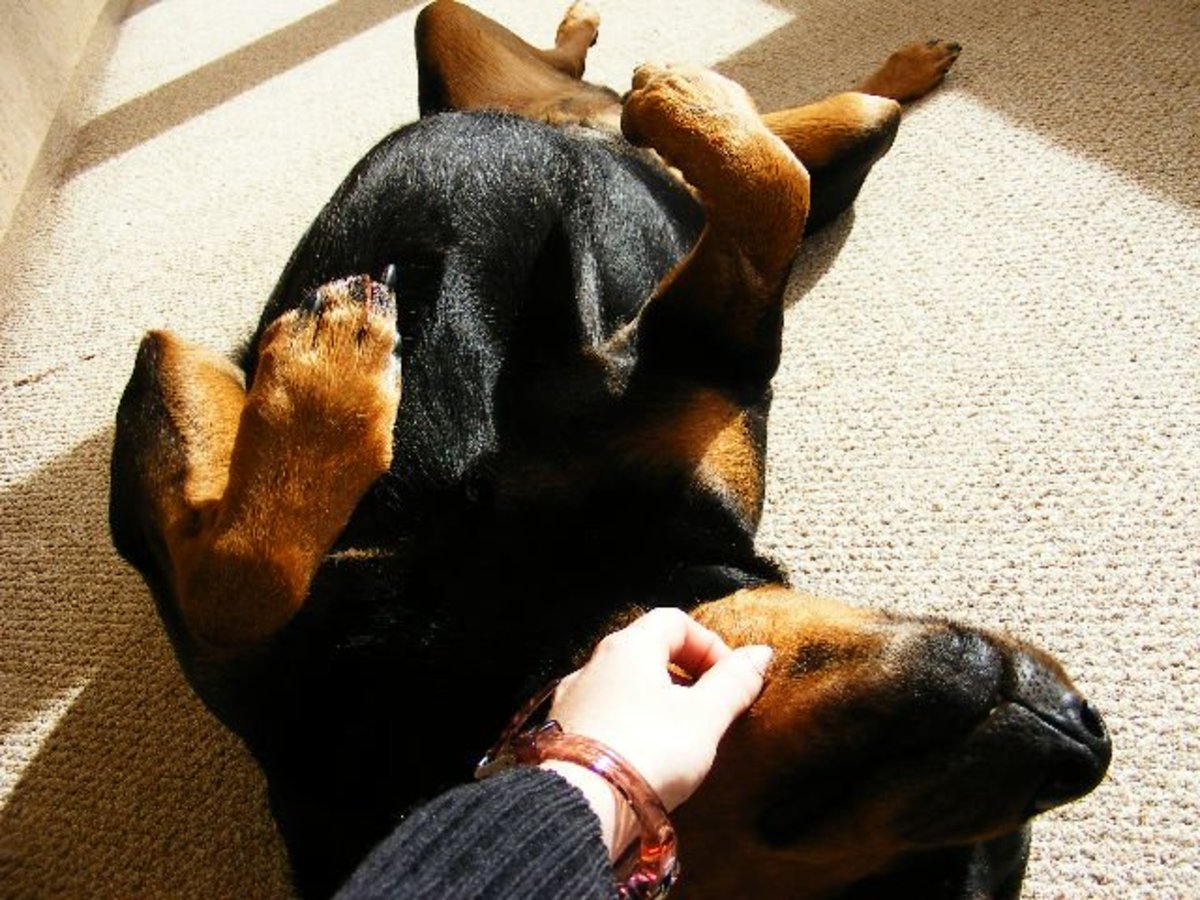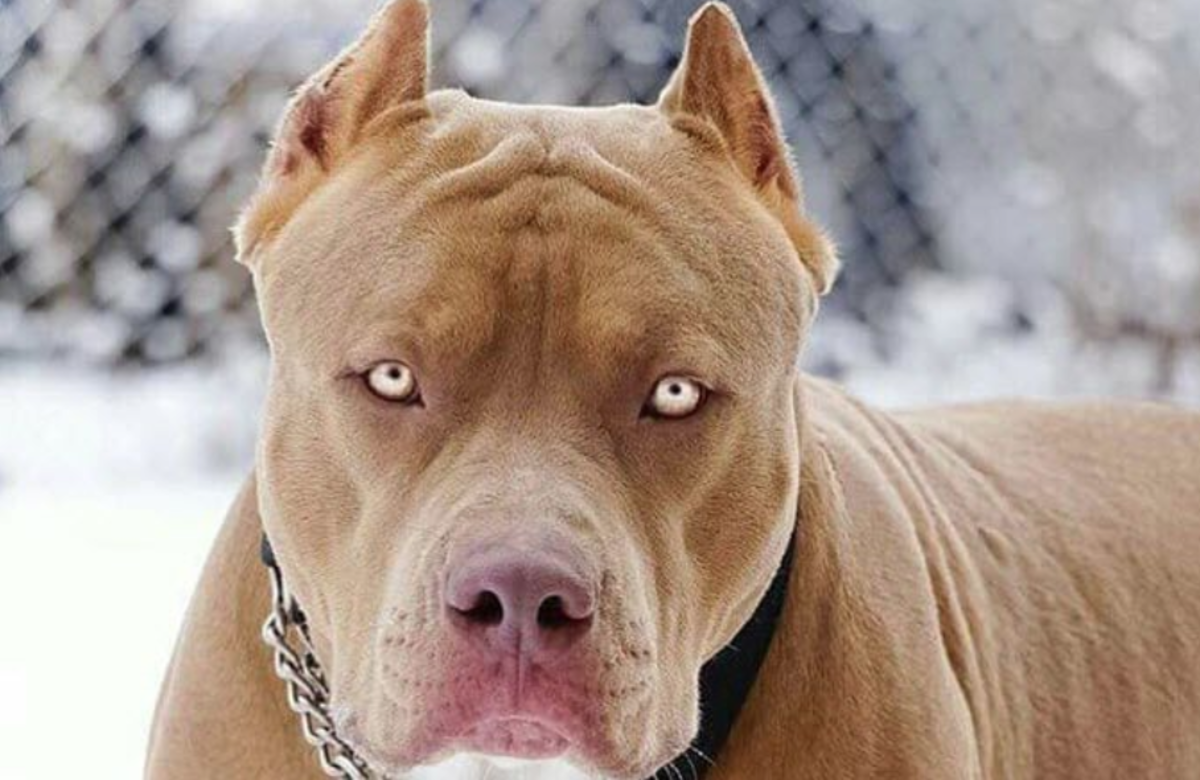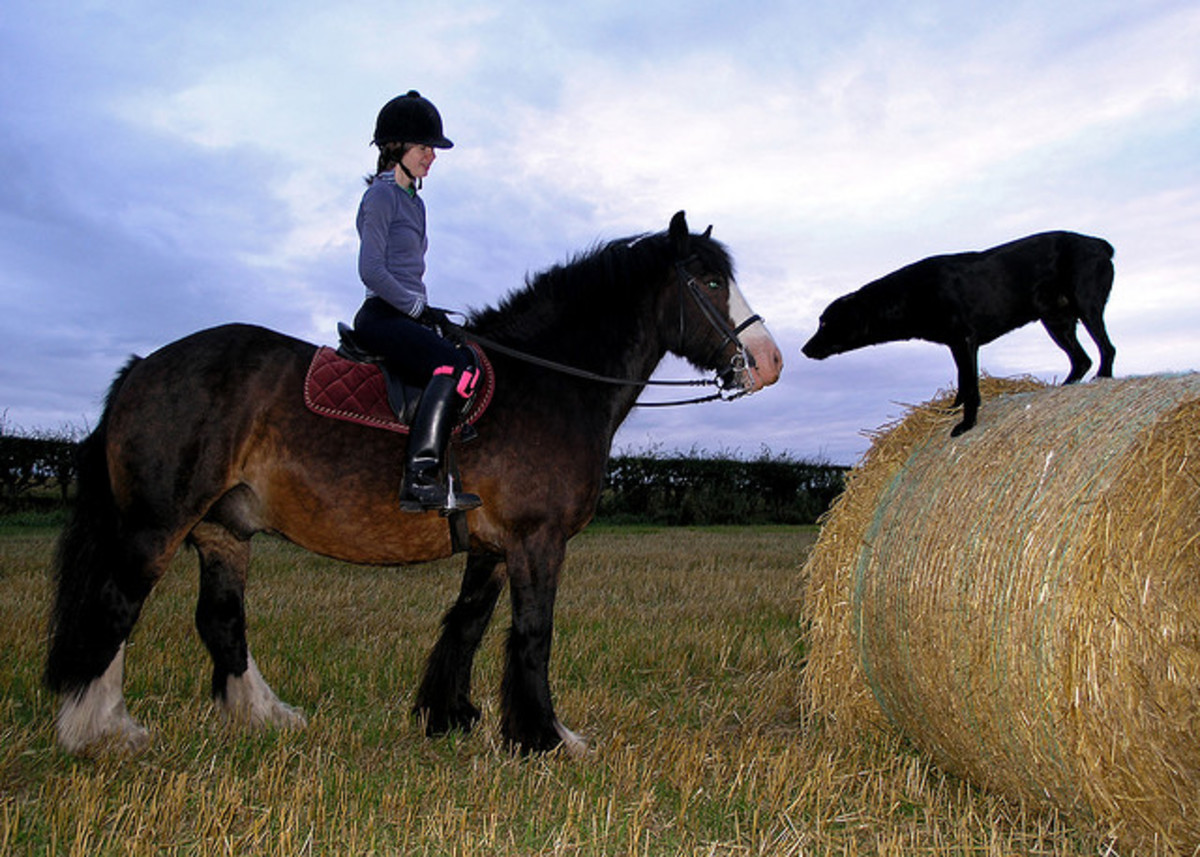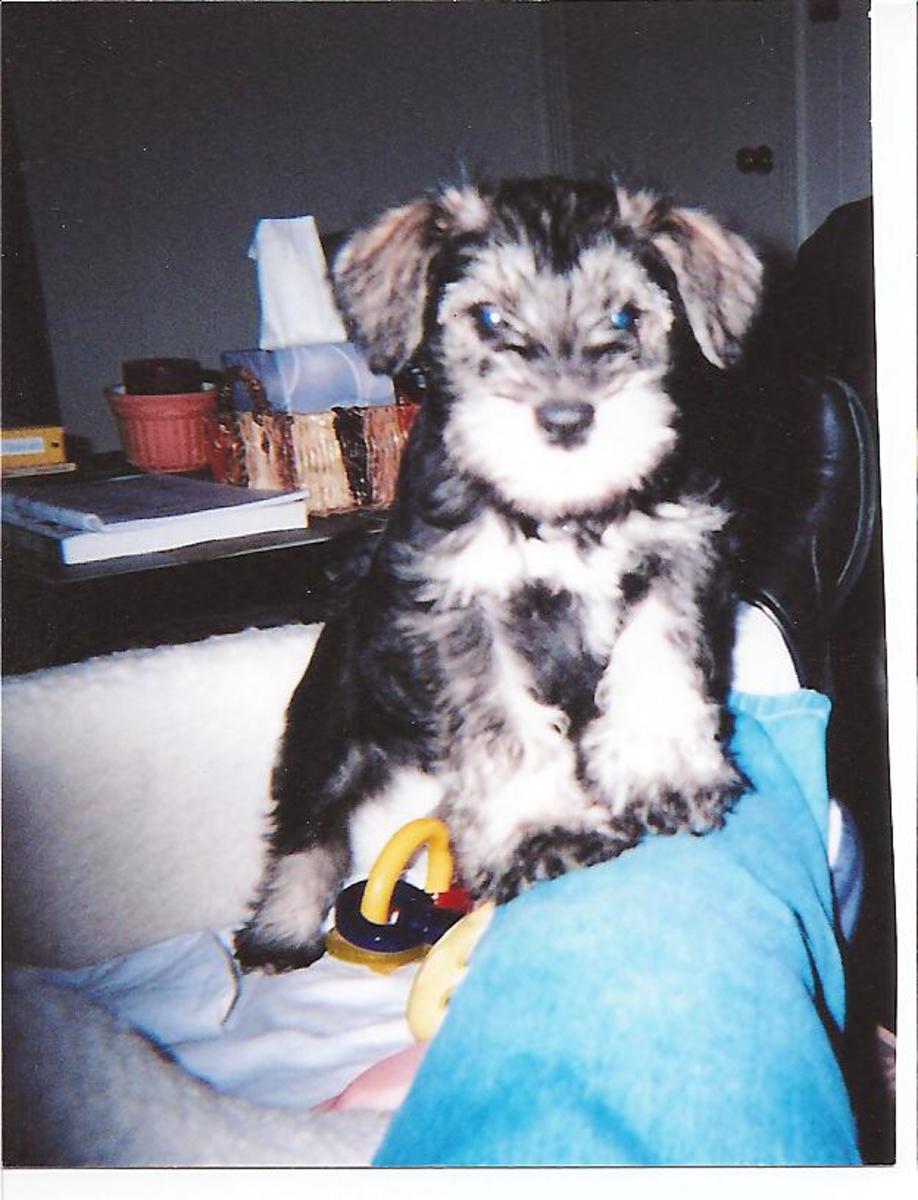Do Dogs Have Nightmares?

Can Dogs Have Nightmares?
Do dogs have nightmares? As thinking beings capable of feeling emotions such as happiness, fear and anxiety, it makes sense for dogs to be capable of dreaming and even having the occasional bad dream. After all, if we look at a dog's brain and compare it to a humans' we will notice many similarities at a structural level. To further prove their capability of dreaming, many dog owners can attest that as dogs sleep through the REM cycle, they literally quiver, twitch their legs, move their eyeballs under their eyelids, and in some cases, engage in a vast array of vocalizations such as barking, growling, whining and even howling.
Interestingly, research conducted by Matthew Wilson and Kenway Louie of the Massachusetts Institute of Technology suggests that even rats seem to be capable of dreaming. In their studies, rats were exposed to a maze while electrical recordings of their hippocampus were taken. Such recordings demonstrated specific electrical patterns occurring specifically when the rat was engaging in specific tasks within the maze. When the rats fell asleep, their brain waves exhibited similar patterns as if the rats were recalling memories of those daily tasks taking place in the maze. So if rats dream, dogs must dream as well, and of course, not all dreams will be about bones raining from the sky or the exciting adrenaline rush felt after chasing squirrels in the yard.
Dogs, just like people, not only dream, but they also seem to re-live episodes in their dreams that occurred earlier during the day. And their dreams may vary from one dog to another, explains Stanley Coren in his article "Do Dogs Dream?". Indeed, researchers suggest that a pointer may dream about hunting game and pointing, a Springer Spaniel may dream about flushing some birds from under a bush, while the Doberman pinscher may dream about the occasional burglar. So if something unpleasant may happen during the day, the dog may very well dream about it and even have a nightmare. Stanley Coren's article about dog dreams features an interesting story worth reading.
According to a dog owner, his Basenji hated baths, so every time he was bathed by his wife, he would run out of the bathroom and try to hide behind him. Later that night, after having a bath, the owner recalled that his Basenji was quietly sleeping when he suddenly woke up startled and bolted to hide straight under the owner' legs. "I believe that he was dreaming about having a bath because he only engages in this behavior when a bath is involved." explained the owner.

How to Help Dogs with Nightmares
It may be disheartening for dog owners to witness their dog having a bad dream, but what can they about it? In most cases, it's best to adhere to the old adage of "letting sleeping dogs lie." Indeed, waking up a dog when it's having a bad dream may only create confusion and interfere with a dog's sleep. Not only, in some cases, dogs may also become aggressive if they're startled mid-dream. Never get near or touch a dog who is sleeping, whether he's having a bad dream or not. Doing so may be an easy trigger for an unintentional bite.
Instead, if you think your dog is too distressed and you're getting worried, you can try calmly calling his name. This should waken him up so you can assess the situation. If your dog was having a bad dream, most likely he should awaken upon hearing his name and then as he goes back to his normal world, he should go back to sleeping soundly in no time. To help your dog relax in the evening and release any pent-up tension, you can try calming diffusers such as Comfort Zone or Adaptil or other remedies such as Bach flowers/Rescue Remedy. Playing soothing music such as "Through a dog's ears" may help as well.
On the other hand, some dogs may have a bad dream, wake up and then seek comfort from their owners for some time. On a less lighter note, count your blessing if your dog seeks out comfort, there have also been reports of dogs becoming aggressive after a bad dream and waking up growling and even trying to attack their owners! In severe cases, it's best to bring the issue to a vet's attention and possibly seek the opinion of a board certified neurologist so to rule out any potential medical or neurological causes.
In other cases, some nocturnal behaviors can be triggered by a psychomotor seizure disorder or a condition known as "waking SOA" --sudden onset aggression --which is particularly predominant in certain breeds. Any time your dog exhibits odd behavior during or after sleep, it's best to gather as much information about the episodes. When does it happen? How often? How long do they last? Are you able to wake up your dog by calling him or his he totally unresponsive? If he's unresponsive, you may be actually dealing with a seizure. Here is a story about a dog who had an actual seizure after the owner thought it was just a bad dream."I thought it was a dream"
If you really want to provide your vet with the best "evidence" bring along a recording of your dog's behavior and let the vet see it. It may not be easy to capture the behavior, but if you keep your camera right next to you, you may get lucky. A video can really speak 1000 words.
Disclaimer: this article is not a substitute for professional veterinary advice. If your dog has frequent nightmares or display erratic behaviors or abnormal sleeping patterns see your vet. At times, they can be triggered by a medical condition.Afterward, after obtaining a clean bill of health, consult with a behavior professional.
Alexadry© all rights reserved, do not copy.
Calming dog diffusers
Witness Blue's devastating ordeal and lasting emotional scars from the 2007 Corrales, New Mexico's Pet Parade.
For further reading
- Dog Behavior: Understanding Fear Periods in Dogs
What are fear periods in dogs and when do they take place? Learn how to cope with them and help your dog overcome them. - Are Dogs Really Den Animals?
We are often told that dogs den animals but are they or not? Let's debunk some common myths and unravel some intriguing facts on the subject. This article should give a better insight on a dog's - How to Teach a Dog to Sleep on its Bed
''Go to your place'' should be a command all dog owners should be familiar with and that all dogs should understand. It really does not take much to teach a dog to sleep on its bed on request and stay there for some time. Dogs are often...









